
BASC condemns Crimestoppers campaign against law-abiding firearms owners
BASC has condemned a Crimestoppers campaign in Cumbria encouraging anonymous denunciations of lawful firearms holders.
Get information on the legal shooting season for mammals and birds in the UK.
Apply for funding for your project or make a donation today
Comprehensive information and advice from our specialist firearms team.
Everything you need to know about shotgun, rifle and airgun ammunition.
Find our up-to-date information, advice and links to government resources.
Everything you need to know on firearms law and licensing.
All the latest news and advice on general licences and how they affect you.
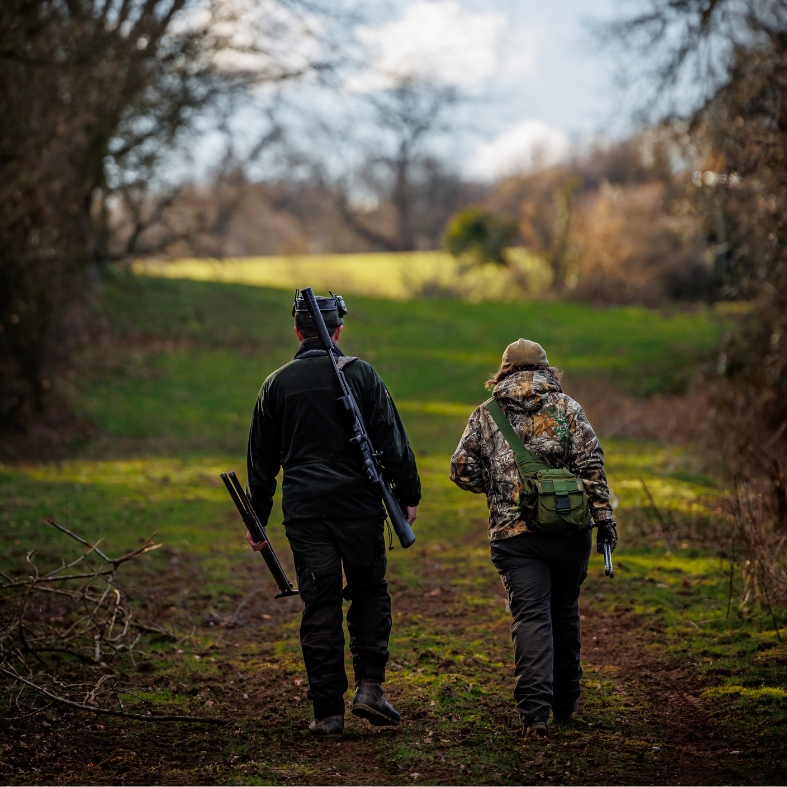

The HSE has announced its recommendations on restriction proposals for the outdoor recreational use of lead ammunition in England, Scotland and Wales. Read about each proposal in more detail and where BASC stands on each point, below.
A restriction on the sale and use of lead shotgun ammunition has been proposed, with a transition timeline of five years.
There will be a derogation for current and prospective Olympic and Paralympic athletes to continue using lead shot for target shooting. This will be subject to a cap on the number of cartridges they can use. That cap is 1.25 million, which equates to 0.7 per cent of the cartridges previously used for target shooting with shotguns.
BASC’s position: The HSE recommended a timeline of three years. Extensive lobbying from BASC extended this deadline to five years.
It was clear there was a determination to impose a ban on lead for shotgun ammunition for live quarry and target shooting. By proposing a voluntary transition and self-regulation, we have bought the shooting sector time to get ready.
We are now better prepared as a sector for change. It gave us time to inform the shooting community of the changes coming and provide educational sustainable ammunition shooting days to introduce those who shoot to lead-free shotgun cartridges.
It gave the ammunition manufacturers time to make significant progress and deliver a range of viable alternatives to lead. Many shoots are now lead-free, and their game is being sold in supermarkets across the UK. The transition period has enabled the shooting community to innovate and adapt.
On target shooting, the derogation for athletes means they will still be able to train for competitions and major tournaments and won’t be disadvantaged. There are a range of non-lead clay loads available, and with further progress being made on alternatives to lead ammunition, alongside another five years to continue to develop these alternatives, the clay shooting community will have time to adapt.
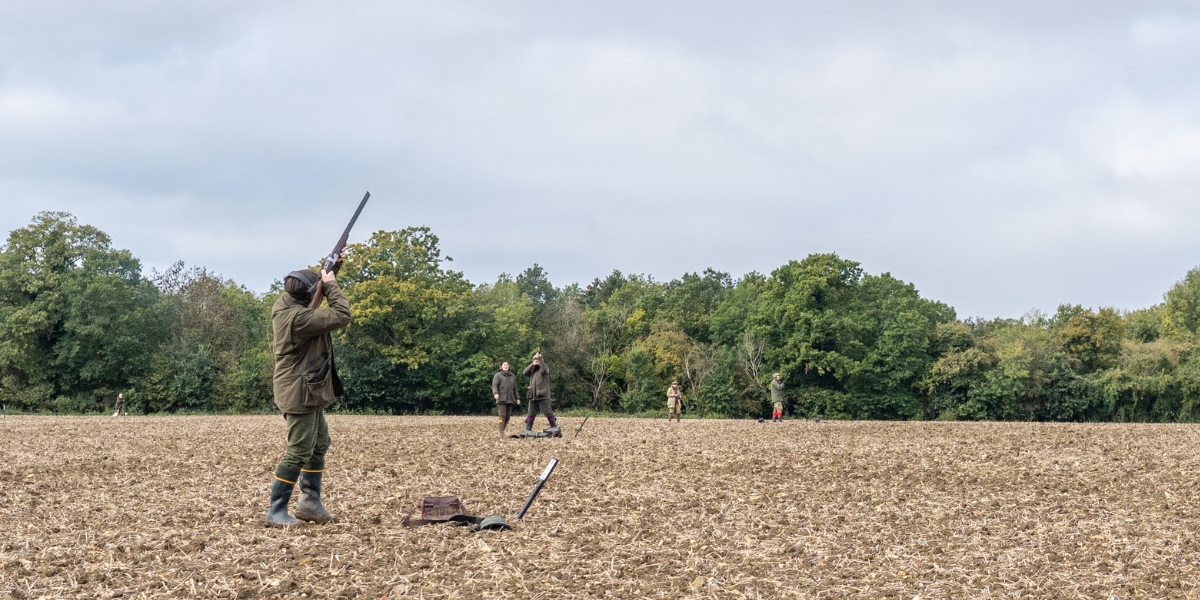
A precautionary restriction has been recommended on the sale and use of large calibre ammunition with a timeline of three years.
Large calibres have been reclassified as .243 (6.17mm) and above. No restrictions have been proposed on small calibres below .243. Ammunition will need labelling for live quarry or target shooting after the transition period.
BASC’s position: We are pleased the HSE have placed no restrictions on small calibres below .243 after we raised concerns about accuracy and availability.
We do not support the reclassification of large calibres to .243 and above and have asked the HSE to reconsider. There is sufficient evidence that shows stabilisation issues with .243 calibres, supported by a technical report presented by BASC.
As a result, potentially 60,000 people who use .243 for deer management will have to re-barrel their rifles (80 grain .243 bullets do not stabilise in predominantly older rifles with a 1 in 12 twist as they need to be 1 in 8). This will have a potentially significant adverse effect on the national deer cull.
We lobbied for large calibres to be set at 6.5mm and will continue to do so. We will be funding research and gathering evidence to underpin further lobbying of ministers and officials as it makes its way through Defra and eventually to Parliament in the form of draft legislation.
Ranges that cannot de-lead* have two years to adapt or move across to non-lead ammunition. Ranges that can de-lead face no restrictions.
BASC’s position: 95 per cent of rifle ranges follow best practice on de-leading and will be able to continue using lead. We are here to support the remaining five per cent with advice on how to prepare their facilities within the two-year timeframe.
*The term de-lead refers to a series of risk management measures, which you can find out more about here.
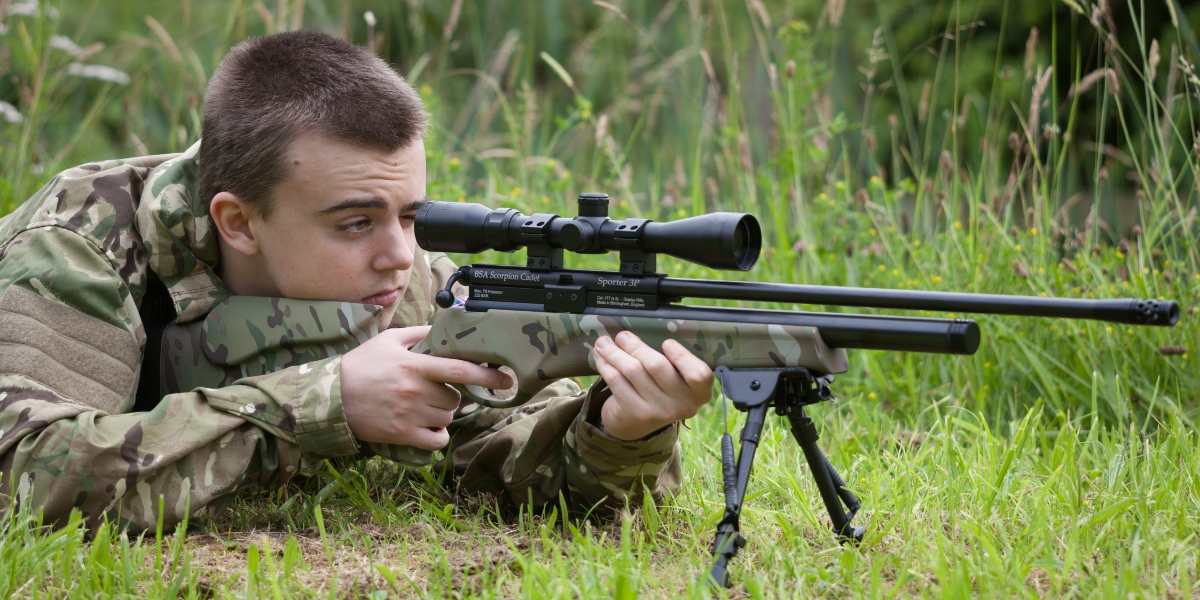
No restriction proposed.
BASC’s position: BASC was opposed to restrictions on lead for airguns and made this clear to HSE throughout the process. We’re pleased they have accepted the evidence we presented and welcome the decision to exempt airguns.
While we are pleased the HSE has taken on board the evidence provided by BASC and other organisations relating to airguns and target shooting with rifles and will not be restricting the use of lead ammunition for that purpose, we have concerns over the reclassification of large calibre rifles.
There are known issues with non-lead ammunition for small calibres, including accuracy, availability and muzzle energy. BASC will continue to lobby, fund research and gather evidence to challenge areas where we are concerned.
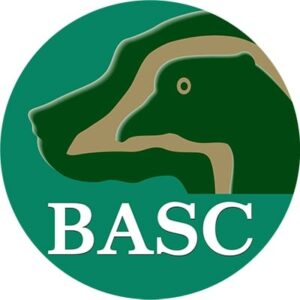

BASC has condemned a Crimestoppers campaign in Cumbria encouraging anonymous denunciations of lawful firearms holders.
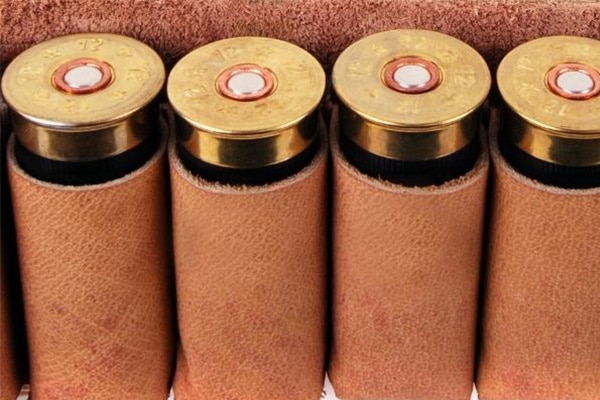
Read Alasdair Mitchell’s reflections on new research into lead vs steel in his Sharpshooter column from last week’s Shooting Times.
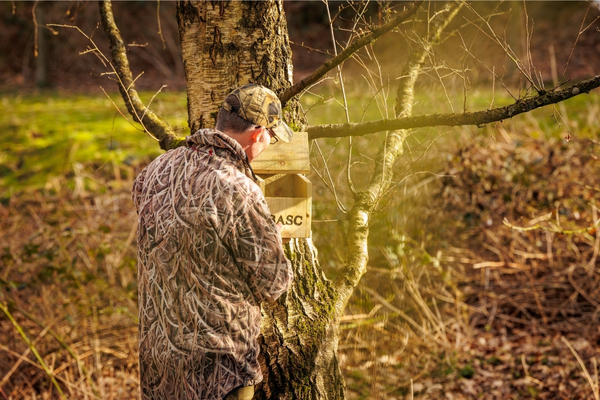
BASC has warned that the decision to end small business rate relief for shoots in Scotland risks serious consequences.